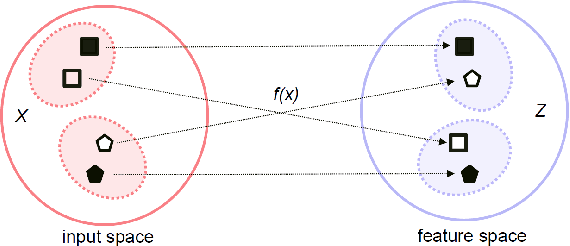Yan Wo
A Deep, Information-theoretic Framework for Robust Biometric Recognition
Feb 23, 2019



Abstract:Deep neural networks (DNN) have been a de facto standard for nowadays biometric recognition solutions. A serious, but still overlooked problem in these DNN-based recognition systems is their vulnerability against adversarial attacks. Adversarial attacks can easily cause the output of a DNN system to greatly distort with only tiny changes in its input. Such distortions can potentially lead to an unexpected match between a valid biometric and a synthetic one constructed by a strategic attacker, raising security issue. In this work, we show how this issue can be resolved by learning robust biometric features through a deep, information-theoretic framework, which builds upon the recent deep variational information bottleneck method but is carefully adapted to biometric recognition tasks. Empirical evaluation demonstrates that our method not only offers stronger robustness against adversarial attacks but also provides better recognition performance over state-of-the-art approaches.
 Add to Chrome
Add to Chrome Add to Firefox
Add to Firefox Add to Edge
Add to Edge